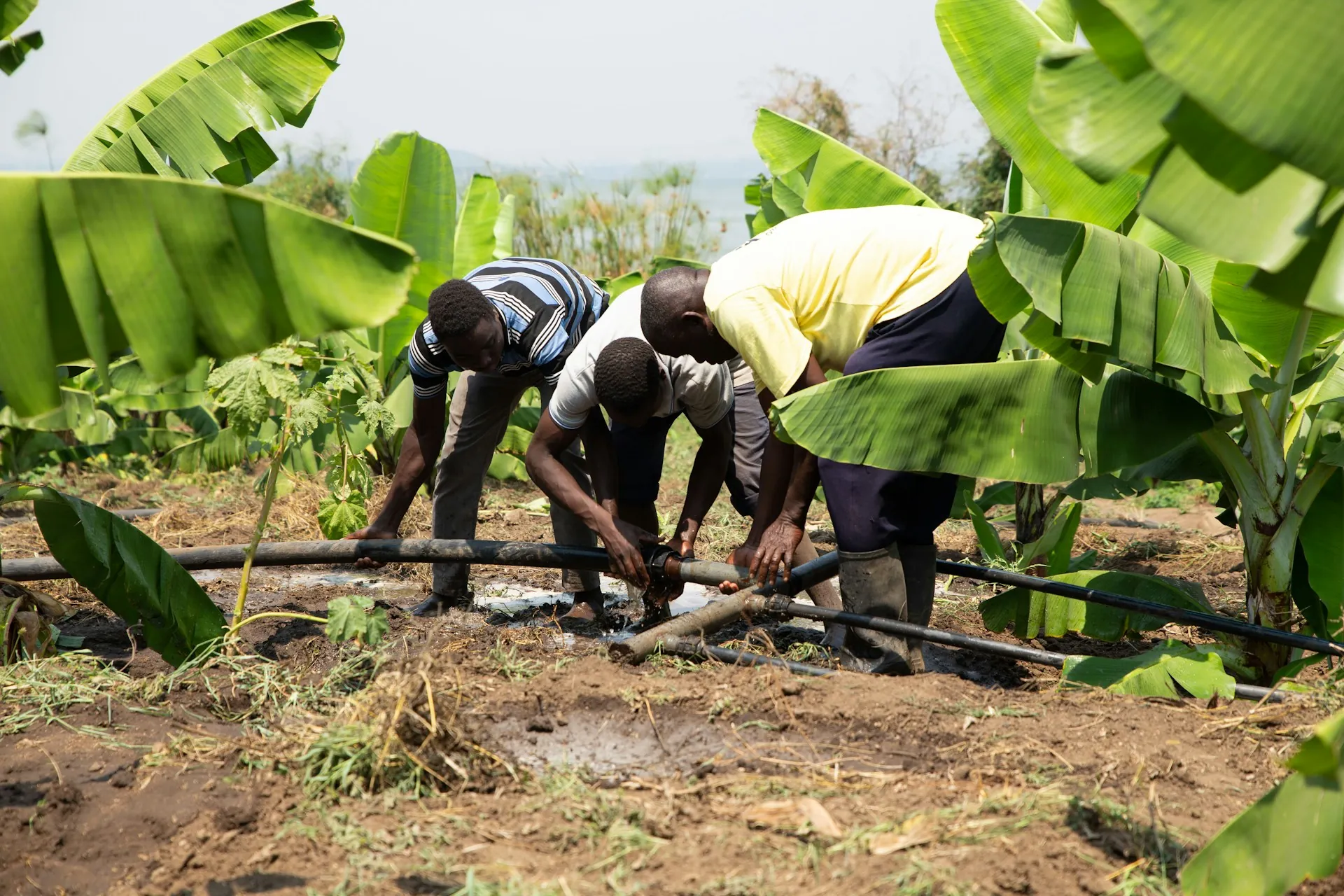For years, the story of global development was one of undeniable progress. International cooperation in the early 21st century was a powerful engine, lifting millions out of poverty, expanding access to education and improving health outcomes across the world. It was a testament to what we could achieve when nations worked together toward a common goal.
But a troubling trend has emerged. This progress is now at risk as many wealthy nations withdraw their support, prioritizing domestic concerns over international commitments. This retreat jeopardizes hard-won gains and threatens to reverse the momentum we’ve built over decades.
Documents like the Seville Commitment serve as a critical reminder of what’s at stake. They highlight that sustainable growth isn’t possible without bold leadership, genuine collaboration, and a willingness to address the crippling debt burdens of developing nations. This isn’t just a political problem; it’s a global responsibility that every sector must own.
How We Can All Be Part of the Solution
While policy and finance seem like issues for governments and large corporations to solve, our individual actions have a powerful collective impact. We can all contribute to ensuring progress continues by making informed choices and using our voices.
1. Your Dollar is Your Vote
Every time you make a purchase, you’re supporting a system. Conscious consumerism is a direct way to drive change. Seek out products with Fair Trade certifications, which ensure producers in developing countries are paid fairly and work in safe conditions. Support businesses that have transparent and ethical supply chains by choosing to spend your money with purpose, you help build a more equitable economic landscape from the ground up.
2. Your Voice Has Power
Stay informed about global development issues, climate change, and development aid policies. Don’t be silent. Contact your elected officials and urge them to prioritize international cooperation and debt relief. Your advocacy, combined with that of others, can influence policy decisions and hold leaders accountable to their global commitments.
3. Your Time and Resources Matter
Consider donating to reputable charities and NGOs that are actively working on global development issues, such as providing clean water, education, or healthcare. If you’re able to, volunteer your time with local community groups that support international initiatives. These organizations are often on the front lines, and your support, no matter how small, makes a tangible difference.
Global progress is not an inevitable outcome; it’s the result of continuous effort and shared commitment. By recognizing our role and taking action, we can push back against the tide of isolationism and help build a more sustainable and equitable world for all.



